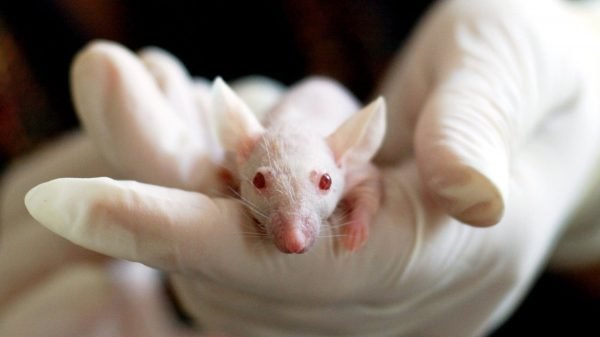As reported by Bloomberg, the FDA is forcing food companies to stop including trans fats, or partially-hydrogenated oils, in food products this month.
Three years ago, a deadline was set for companies to stop using trans fats in their products. Now we’re reaching that deadline.
What are trans fats?
Small amounts of trans fat may naturally occur in animal products such as meat and dairy. But most of the trans fats Americans eat are not naturally occurring. You may also know artificial trans fats as partially-hydrogenated oils.
According to the American Heart Association, artificial trans fats should be avoided, full stop. Ideally, trans fats make up exactly zero percent of a healthy diet. The FDA no longer lists partially-hydrogenated oils as “generally recognized as safe,” or GRAS, for human consumption.
Trans fats are linked to increased chances of heart disease, stroke, and many other diseases.
The scientific consensus that trans fats are unhealthy hasn’t stopped many food companies from continuing to use partially-hydrogenated oils in their products for as long as is legally allowed, since such oils, though unhealthy, are cheap and shelf-stable.
Fortunately, food companies will not legally be allowed to add trans fats to food products for much longer.
What will replace trans fats?
Partially-hydrogenated oils have remained in favor for so long because they are shelf-stable and solid at room temperature.
Companies are scrambling to produce oils with all the positive qualities of partially-hydrogenated oils, and none of the bad qualities.
Dow Chemical Co. has developed a product called “Omega-9 canola oil,” which it claims has all the omega-9s in olive oil and less saturated fat.
DuPont Co. has come up with “Plenish,” an oil product made from soybeans which have been genetically modified so that the resulting oil contains no trans fats. It has less saturated fat and more omega-9s than traditional soybean oil. It is also more shelf-stable.
Monsanto Co. is also launching a soybean oil product, and it’s called “Vistive Gold.” Like Plenish, it has been genetically modified to have less saturated fats and more omegas.
Currently, canola oil products are more popular than soybean oil products. But the soybean industry is working to develop oils which it claims will ultimately prove healthier and better-tasting than their canola-derived competitors.
The new, healthier high-oleic canola oils have high levels of omega-9, but their levels of omega-3 and omega-6 have to be reduced to compensate. High-oleic soybean oils, on the other hand, can retain high levels of all the omegas, which gives them more nutritional value.
Featured Image via Pixabay








































Comment Template